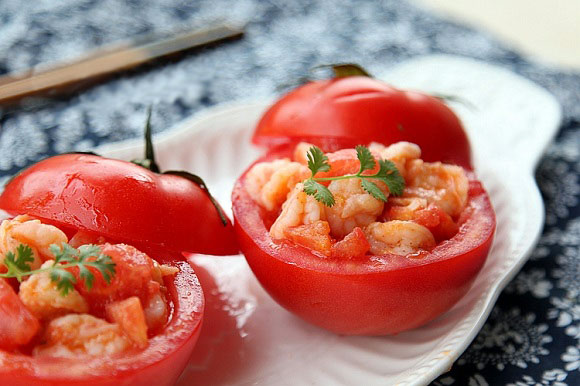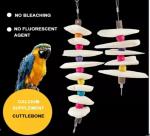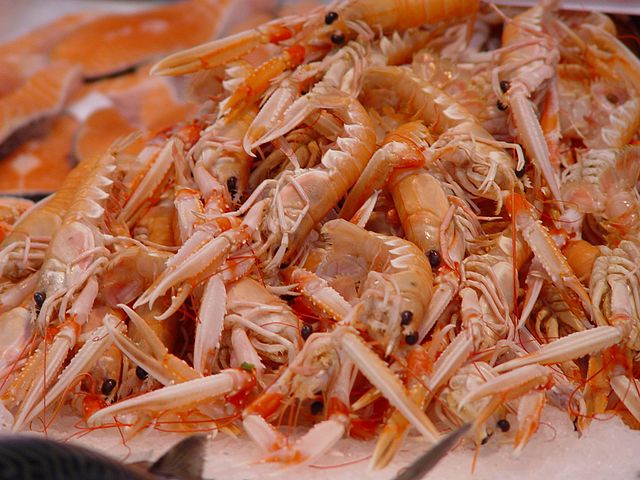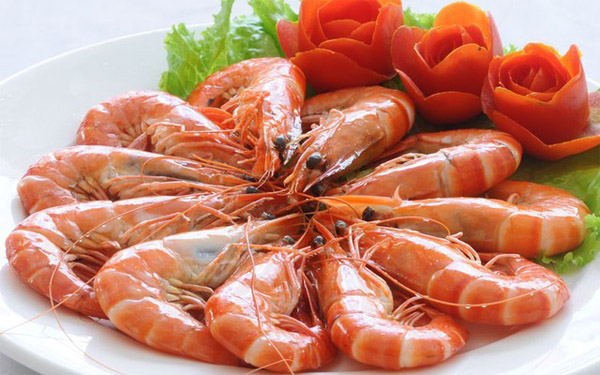Shrimp is one of the common seafood in daily meals. The nutritional value of shrimp is not inferior to any other food. However, there is a small misunderstanding about shrimp that many people encounter. Let's find out what that is!
Shrimp shells really rich in calcium?
Shrimp is a very rich food. Shrimp meat is high in protein, in addition to being rich in calcium, phosphorus, fatty acids and many other minerals necessary for the body. Eating shrimp regularly will reduce the risk of cardiovascular disease, stroke and strengthen the bones and joints. Contrary to the high nutrient content of shrimp meat, shrimp shells are not of high nutritional value.
The tough tough shrimp shell contains very little and almost no calcium. The main constituent of shrimp shells is chitin - a form of polymer that constitutes the crust for shrimps and most crustaceans.
Some types of shrimp shells are difficult to digest, so trying to eat shrimp shells is not necessary, in contrast, it also harms the stomach, prone to shell crust, especially in children. If you want to supplement your child with calcium, the simplest and safest way is to eat the shrimp. This is also the main concentration of calcium in shrimp.
Eating shrimp will help the eyes?
Many people believe that eating shrimp eyes will contain good nutrients for the eyes, helping to improve vision. However, there is no reliable research that proves that the above hypothesis is correct.
In fact, the whole head of the shrimp, including the eyes, contains very little nutrients. Therefore, eating shrimp head is not necessarily a good choice.
In addition, if you are suffering from pinkeye, eating shrimp is not only bad for the eyes but also makes the condition worse.

Should eat shrimp with oranges, lemons, tomatoes?
Shrimp are delicious and easy to eat. But that doesn't mean you can combine it with any kind of food. Why is that? The shrimp contain a significant amount of valence arsenic 5. This substance is not toxic to the body but if combined with vegetables of fruits rich in vitamin C, the 5-valent arsenic converts to valence arsenic 3 (i.e. jelly credits) - very toxic and may cause poisoning.
Therefore, experts recommend that we should not cook shrimp with ingredients containing a lot of vitamin C such as oranges, tomatoes, lemons, ... or even eat those fruits right after eating shrimp. Foods containing vitamin C should be avoided for about 4 hours after eating shrimp.
Shrimp are delicious and beneficial to health, have a smart way to ensure the health of the whole family!










